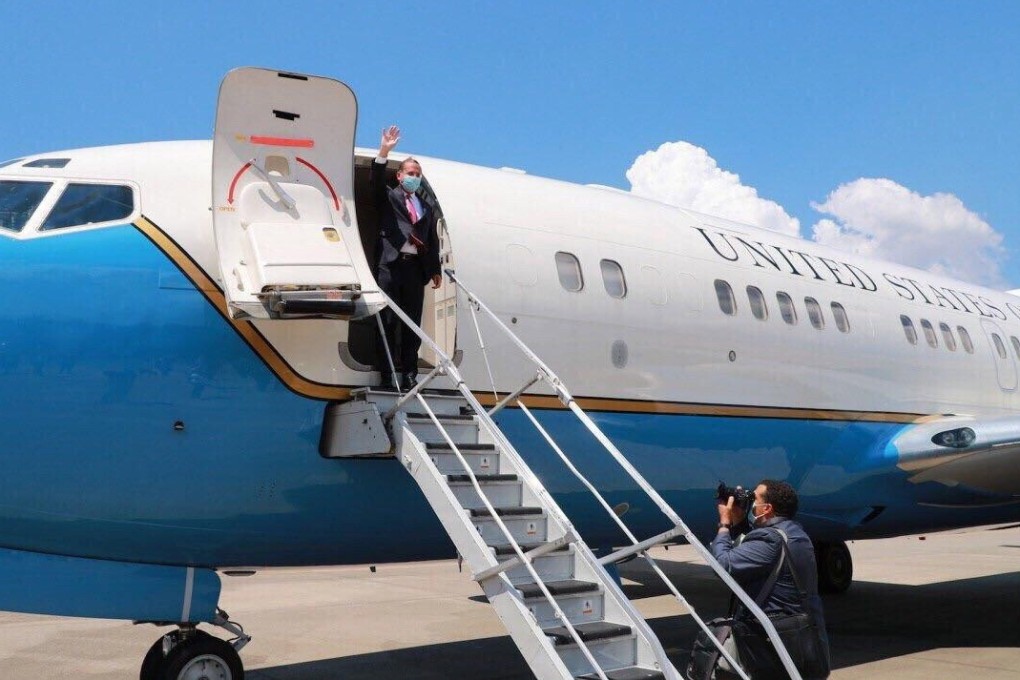Opinion | Why Taiwan should be wary about its growing bond with the US
- Taipei must consider the possibility that Washington is using it as a pawn to frustrate Beijing. There is disturbing evidence that US President Donald Trump considers relations with Taiwan expendable in the context of a deal he could make with China

However, Taiwan should also view the US’ moves to bolster bilateral ties with some measure of trepidation. Simply put, the US’ objectives, in taking such unprecedented steps with Taiwan over the past few years, remain unclear.
On the one hand, Taiwan and the US are natural partners. Both are vibrant democracies with numerous overlapping political, economic and security interests. From this perspective, it makes sense to enhance US-Taiwan relations and to integrate Taiwan into the US Indo-Pacific strategy with “like-minded” nations.
On the other hand, Washington is embroiled in an increasingly ferocious great-power competition with Beijing, raising concerns that the US may actually be strengthening ties with Taiwan primarily to frustrate and thwart China.
